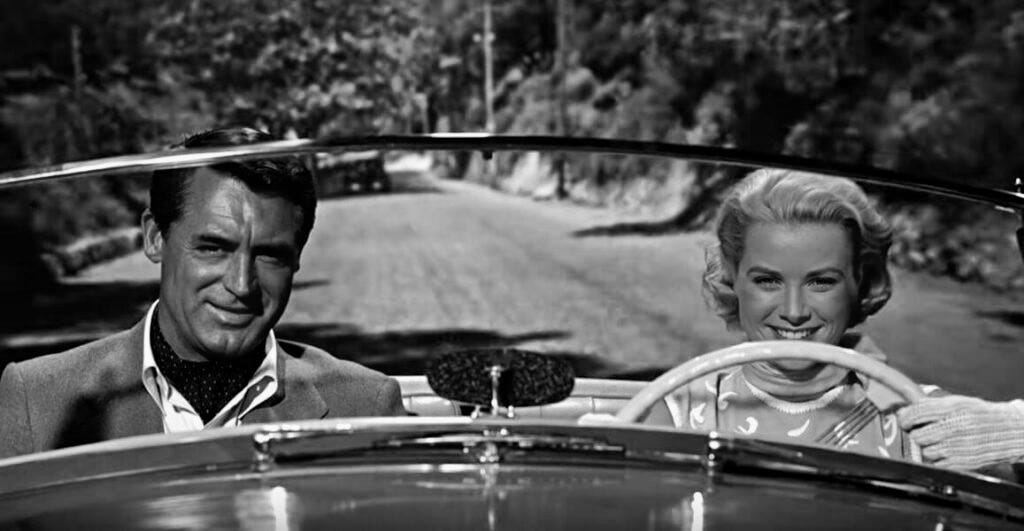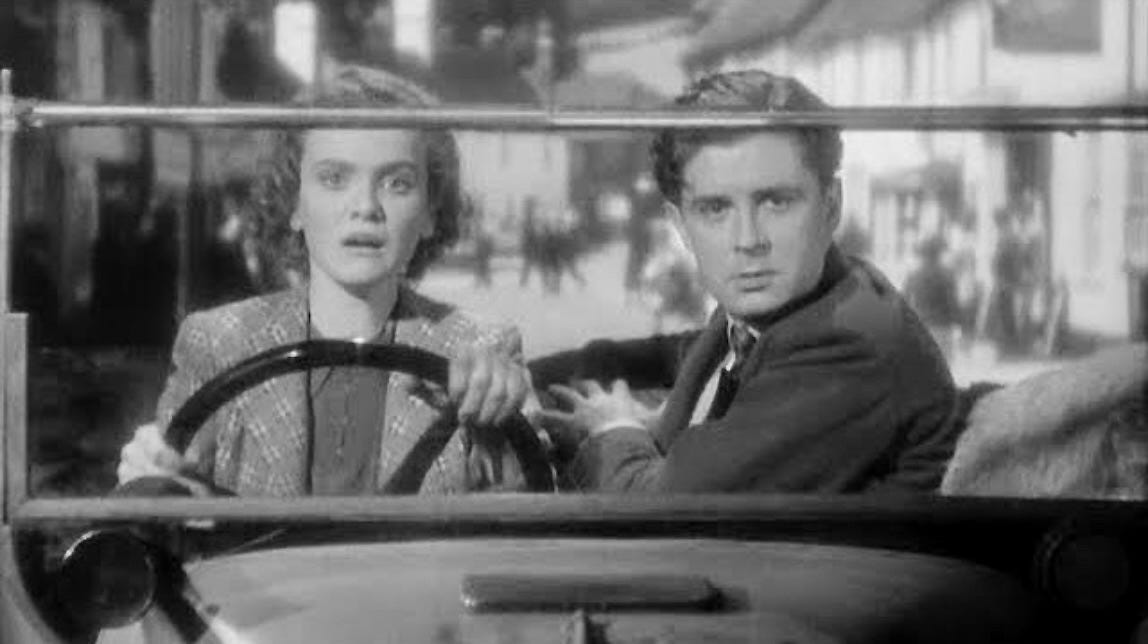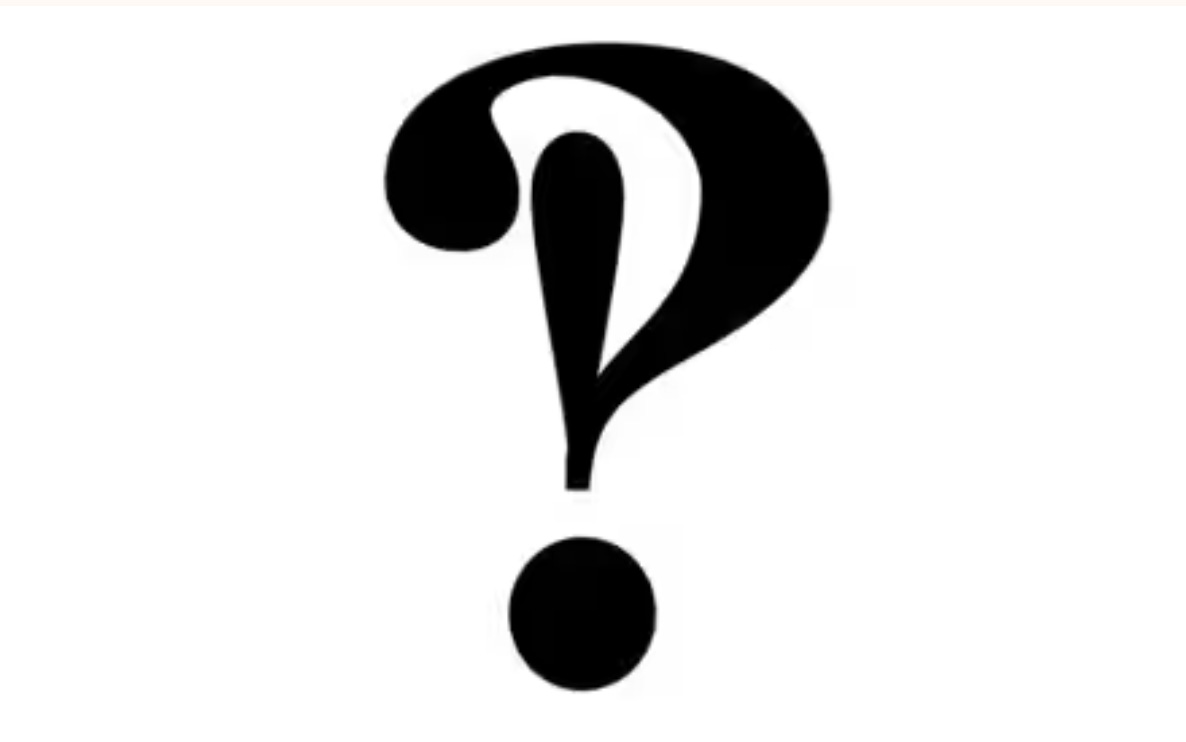How To Conduct Better Interviews For Podcast, Broadcast And Live Events.
Part two of a guide for writers and creators.
I love the craft of interviewing. At journalism school we were told it was the bread and butter of our business. For me the fun started when I was given my own interview show on TV which I had for almost a decade until 2019. During COVID I set-up another interview series for a not-for-profit. Friends, ‘bread and butter’ doesn’t nearly do justice to the delightful and skilful craft of interviewing.
It’s tricky to describe but when you’re interviewing and in the flow, you and your guest should feel relaxed, happy even. Think, Cary and Grace:
When the chat isn’t going so well, you and the interviewee may feel tension or dismay. It could resemble this scene with Nova and Derrick:
The great thing about an interview is that it can start off like Scenario Two (Nova and Derrick) but with a bit of hard work and luck you could end up like Cary and Grace in Scenario One, hopefully with a bit less fake tan. So here are some tips to help you ace the interview process.
Research
I’ve noticed many people dive into interviews as if they are the most natural conversations in the world. This can be fun for both interviewer/subject and listeners. But if you have the opportunity, spend a few moments thinking about the intention behind the interview; fun, education, revelation, book promotion, self-promotion? Is there something you can research to bring greater depth and value to your audience?
Do you have a list of questions? I like a list to keep me on track, but I don’t always follow it It’s a guide.
I craft my interviews so that they have a beginning, a middle and an end, like a story or book.
Empathy
If you want to create a connection with your interviewee or subject/s (and your audience) ask about the motivation behind their work. What led them to this place? Did their work emerge because of a family tragedy, a longing, childhood inspiration or a financial imperative? Listeners love to make these connections. An interviewer’s job is to help them.
Don’t fear silence.
Be Curious
There is no such thing as stupid questions but there are definitely better questions and you should always aim for these.
“What made you choose comedy?” Is a question for ask a comedian. But they’ve probably answered it a million times.
“Tell me about your childhood and the time you discovered….” Better! Now you are taking your audience by the hand and leading them into an illuminating story.
Keep your questions clean and ramble-free (see ‘Research’. The list)
Engage Listening
I say ‘engage’ because many of us enter the interview space disengaged. An interview is something we schedule within busy lives. I suggest you give yourself plenty of room to focus your mind.
Think of yourself as a ‘humble listener’, someone who is there to learn.
If you are moderating a panel, scatter the questions around as if you are feeding chickens, although we tend to be drawn to the more interesting people (chickens) and better communicators. That’s ok.
A great way to demonstrate listening is to summarise what you’ve heard and repeat it back to the guest. Use this to device dwell a while. Take them further into the subject or use the summary to segue to the new topic or question. Interviews are best when they sound organic.
Lead
It’s a joy and a privilege to be in the driver’s seat, steering around a curvy cliffside road, avoiding the potholes and meeting other humans in convivial conversation. The test of a good interview (if it’s people-centred rather than technical) is to reach points of vulnerability and revelation.
I like to start with a question I think the interviewee might enjoy answering. I ask permission before I go to hard places. I think of myself as someone in the service of the listener. And I like to have fun.
Thanks for reading. Did you notice my tips are organised as an acronym, REBEL? Please support my obsession with acronyms by sharing this and signing up to my newsletter so I can create more sad acronyms. It’s the kind thing to do. If you’ve read my book Rebel Talk, the art of Powerful Conversations you’ll see why.












I loved your interviews and was very sad when you left!
Yes Jane I loved your interviews on plus one favorites